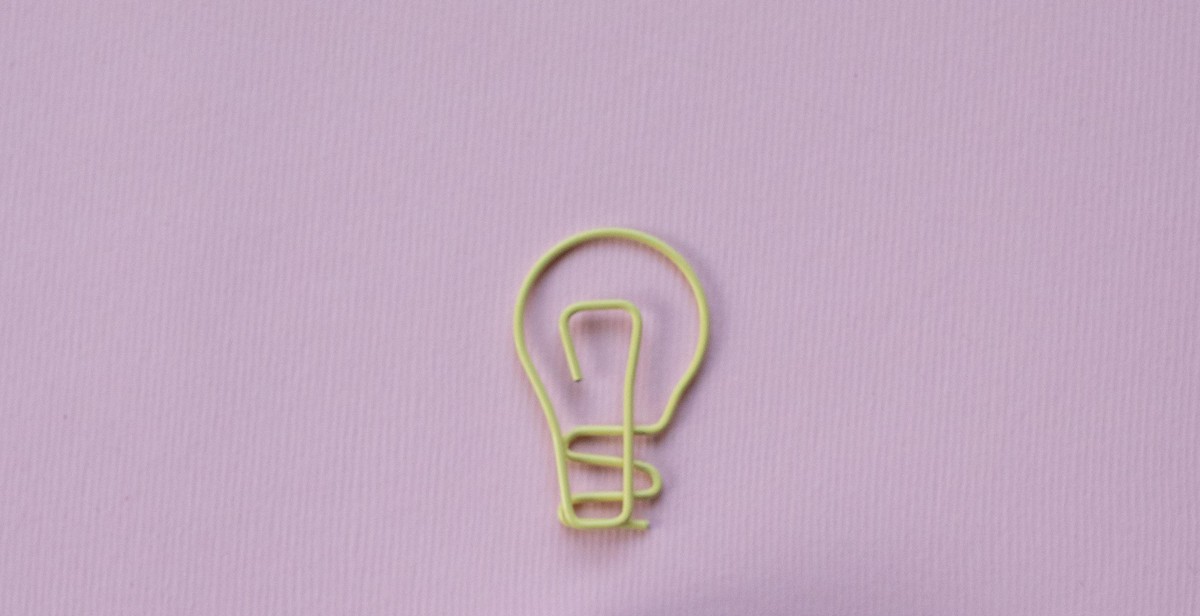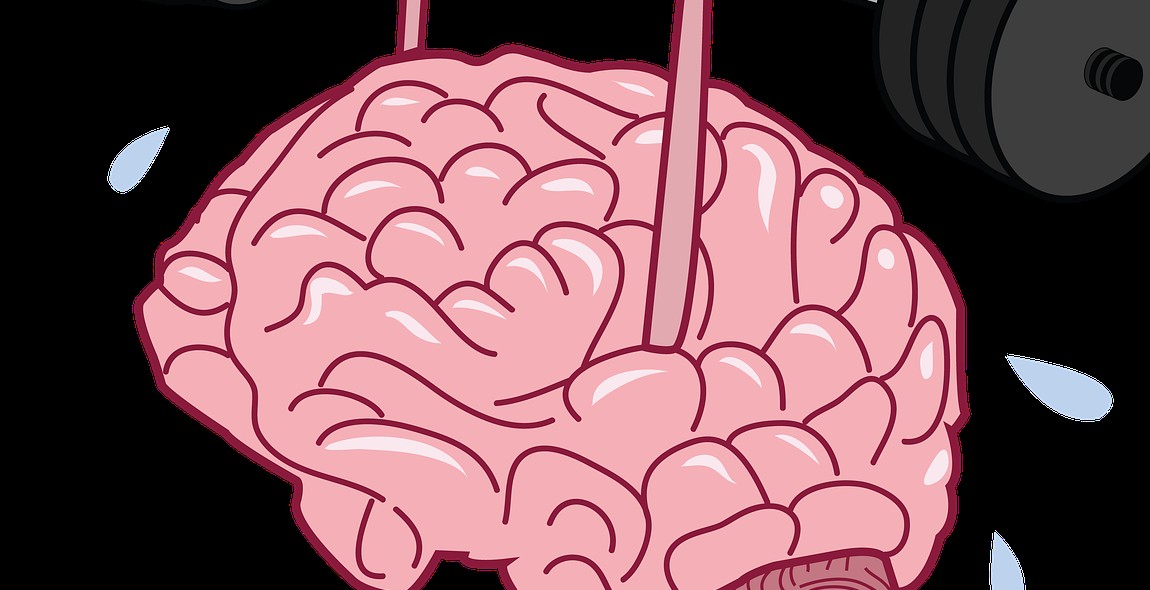How to Improve Your Memory and Cognitive Function: Techniques for Mental Sharpness
As a professional writer, I have always relied on my mental sharpness to produce quality work. However, a few years ago, I started experiencing memory loss and cognitive decline, which affected my productivity and overall quality of life.
I started forgetting important details, such as deadlines and appointments, and had trouble focusing on tasks for extended periods. I knew I had to do something about it, so I started researching and experimenting with various techniques to improve my memory and cognitive function.
My Personal Struggle with Memory Loss
My memory loss was not due to any underlying medical condition, but rather a result of a sedentary lifestyle and poor diet. I spent most of my days sitting in front of a computer, eating junk food, and neglecting exercise.
It wasn’t until I started making changes to my lifestyle that I began to see improvements. I started incorporating regular exercise into my routine, eating a balanced diet, and practicing memory-enhancing techniques.
- Exercise
- Diet
- Memory-enhancing techniques
In this article, I will share some of the techniques that have helped me improve my memory and cognitive function. Whether you are a student, a professional, or someone looking to improve your mental sharpness, these techniques can help you achieve your goals.

Understanding Memory and Cognitive Function
Memory and cognitive function are two important aspects of our brain’s ability to process and retain information. Memory refers to the ability to store and retrieve information, while cognitive function refers to the mental processes involved in acquiring, processing, and understanding information.
The Science Behind Memory
Memory is a complex process that involves multiple regions of the brain, including the hippocampus, amygdala, and prefrontal cortex. The hippocampus is responsible for forming new memories and consolidating them into long-term memory, while the amygdala is involved in emotional memory and the prefrontal cortex plays a role in working memory and attention.
There are three main types of memory: sensory memory, short-term memory, and long-term memory. Sensory memory is the initial processing of information from our senses, such as sight and sound. Short-term memory is the temporary storage of information, lasting from a few seconds to a minute, while long-term memory involves the storage of information over a longer period of time.
Factors Affecting Cognitive Function
There are several factors that can affect cognitive function, including:
- Age: As we age, our cognitive function may decline due to changes in the brain’s structure and function.
- Health: Certain health conditions, such as Alzheimer’s disease, can affect cognitive function.
- Lifestyle: Poor diet, lack of exercise, and high levels of stress can all impact cognitive function.
- Environment: Environmental factors such as pollution and exposure to toxins can also affect cognitive function.
It is important to take steps to maintain and improve cognitive function, such as engaging in regular exercise, maintaining a healthy diet, and engaging in mentally stimulating activities. Additionally, certain supplements and cognitive training programs may also be beneficial in improving cognitive function.
| Supplements | Cognitive Training Programs |
|---|---|
|
|
By understanding the science behind memory and cognitive function and taking steps to maintain and improve them, we can enhance our mental sharpness and overall quality of life.

Techniques for Improving Memory and Cognitive Function
As we age, our cognitive function and memory can decline. However, there are several techniques that can help improve mental sharpness and prevent cognitive decline.
Mental Exercises
One of the most effective ways to improve memory and cognitive function is through mental exercises. These exercises can include activities such as reading, doing crossword puzzles, playing memory games, and learning a new skill or language. These activities can help stimulate the brain and improve cognitive function.
Physical Exercise and Nutrition
Physical exercise is not only good for the body, but it can also help improve cognitive function. Exercise increases blood flow and oxygen to the brain, which can help improve memory and cognitive function. In addition to exercise, a healthy diet rich in fruits, vegetables, and whole grains can also help improve cognitive function. Foods such as blueberries, salmon, and nuts have been shown to have brain-boosting properties.
Sleep and Stress Management
A lack of sleep and high levels of stress can have a negative impact on cognitive function and memory. Getting enough sleep and managing stress levels can help improve mental sharpness. Techniques such as meditation, deep breathing, and yoga can help reduce stress and improve cognitive function.
Brain-Boosting Supplements
There are several supplements that can help improve memory and cognitive function. These supplements include omega-3 fatty acids, ginkgo biloba, and vitamin B12. It is important to speak with a healthcare professional before taking any supplements to ensure their safety and effectiveness.
| Mental Exercises | Physical Exercise and Nutrition | Sleep and Stress Management | Brain-Boosting Supplements |
|---|---|---|---|
|
|
|
|

Incorporating Memory Improvement Techniques into Daily Life
Improving your memory and cognitive function requires consistent effort and practice. In addition to implementing memory exercises, you can also incorporate memory-friendly habits into your daily routine. Here are some techniques to help you create a memory-friendly environment:
Creating a Memory-Friendly Environment
- Organize your space: A cluttered space can lead to distractions and make it difficult to focus. Take the time to declutter and organize your workspace and living area.
- Minimize distractions: Turn off the television and put away your phone when you need to concentrate. This will help you focus on the task at hand and retain information more effectively.
- Use visual aids: Visual aids such as diagrams, charts, and mind maps can help you process and remember information more effectively.
- Take breaks: Taking short breaks throughout the day can help you recharge your brain and improve your overall cognitive function.
Daily Memory Exercises
Memory exercises are a great way to improve your memory and cognitive function. Here are some exercises you can incorporate into your daily routine:
- Repeat information: Repeat information out loud or in your head to help you remember it more effectively.
- Use mnemonic devices: Mnemonic devices are memory aids that help you remember information. For example, you can use the acronym HOMES to remember the names of the Great Lakes (Huron, Ontario, Michigan, Erie, Superior).
- Practice visualization: Visualize information in your mind to help you remember it more effectively. For example, if you need to remember a grocery list, visualize yourself walking through the store and picking up each item.
- Play memory games: Memory games such as Sudoku and crossword puzzles can help improve your memory and cognitive function.
| Exercise | Description |
|---|---|
| Word association | Associate a word with something else to help remember it. For example, associate the word “apple” with the color red. |
| Number recall | Memorize a sequence of numbers and repeat them back in reverse order. |
| Name game | Try to remember the names of people you meet by associating their name with a visual image. |
By incorporating these memory improvement techniques into your daily life, you can improve your memory and cognitive function and maintain mental sharpness as you age.

Conclusion
Improving your memory and cognitive function is essential for a fulfilling life. By following the techniques outlined in this article, you can enhance your mental sharpness and enjoy a better quality of life.
Key Takeaways
- Regular exercise, a healthy diet, and quality sleep are crucial for optimal brain function.
- Engaging in mentally stimulating activities, such as reading and puzzles, can help improve memory and cognitive function.
- Practicing mindfulness and meditation can reduce stress and improve focus and attention.
- Supplements such as omega-3 fatty acids and ginkgo biloba can also support brain health.
Continued Learning
Remember, improving memory and cognitive function is an ongoing process. Continuously engaging in activities that challenge your brain and learning new skills can help maintain mental sharpness. Additionally, staying up-to-date with the latest research and developments in brain health can provide valuable insights and techniques for improving your mental function.
Start Improving Your Mental Sharpness Today
By adopting the techniques outlined in this article, you can start improving your memory and cognitive function today. Take the first step towards a sharper mind and a better quality of life.
